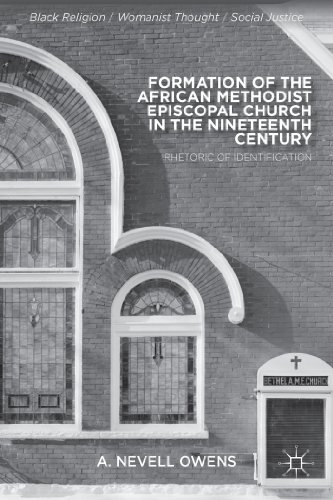Description
Explores the rhetoric of identification used by African Methodist Episcopal (AME) Church leaders in the 19th century. Examines how AME leaders constructed a collective identity for their followers amidst racial oppression and discrimination. Analyzes the role of sermons, speeches, and other writings in shaping the AME Church’s identity and mission. Highlights the contributions of prominent AME leaders such as Richard Allen, Daniel Payne, and Henry McNeal Turner. Demonstrates how the AME Church’s rhetoric of identification influenced its social and political activism. Connects the AME Church’s historical experience to contemporary issues of race, religion, and social justice. Draws on a variety of sources, including primary documents, secondary scholarship, and oral histories. Written in an accessible and engaging style, making it suitable for both scholars and general readers.


Reviews
There are no reviews yet.